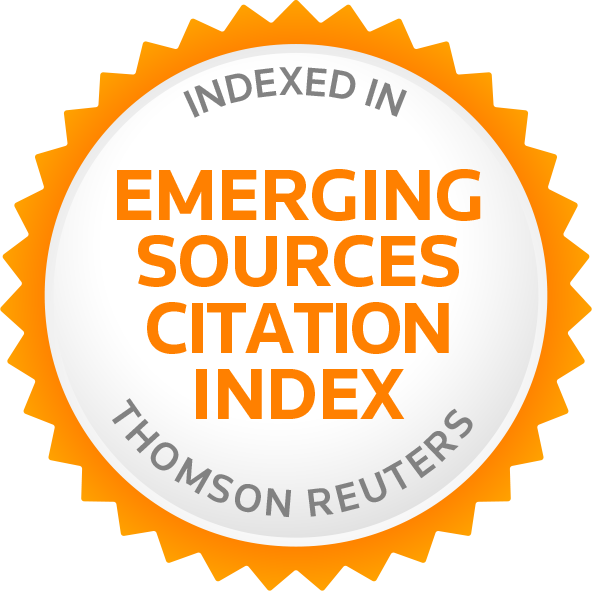“El trabajo periodístico en Paraguay: el Golpe de Estado de 2012 y los modos de resistencia al discurso hegemónico”
Keywords:
PERIODISMO, GOLPE DE ESTADO, PARAGUAYAbstract
En junio de 2012, fue llevado adelante el último golpe de Estado en América Latina. Luego de un brutal desalojo a tierras ocupadas por campesinos que demandaban la reforma agraria, y un juicio político realizado en 24 horas y sin las garantías constitucionales del debido proceso, Fernando Lugo, presidente de Paraguay durante cuatro años, fue corrido de su cargo. En su lugar, asumió su vicepresidente, el liberal Federico Franco. Desde el pasado 15 de junio, los medios de comunicación públicos, privados y comunitarios, junto a sus trabajadoras y trabajadores, fueron protagonistas de los hechos; llevaron adelante, visibilizaron y defendieron acciones de resistencia al golpe de estado dentro y fuera de las redacciones.
Buscaremos entonces, recuperar la voz de aquellos periodistas para poder reflexionar sobre su rol como trabajadores insertos dentro de un sistema marcado por la relación capital-trabajo, y al mismo tiempo preguntarnos sobre el modo en que estos colegas construyeron contenidos y forjaron resistencias en un momento de tan alta conflictividad a nivel nacional.
Downloads
Downloads
Published
How to Cite
Issue
Section
License
The acceptance of an original by the journal implies the non-exclusive transfer of the patrimonial rights of the authors in favor of the publisher, who allows the reuse, after its edition (postprint), under a Creative Commons License Attribution-NonCommercial-ShareAlike 4.0 International.
According to these terms, the material can be shared (copy and redistribute in any medium or format) and adapted (remix, transform and create another work from the material), provided that a) the authorship and the original source of their publication (magazine and URL of the work) are cited, b) is not used for commercial purposes and c) the same terms of the license are maintained.
The assignment of non-exclusive rights implies that after postprint in Oficios Terrestres authors may publish their work in any language, media and format; in that case, it is requested that they signal that the material was originally published by this journal.
Assignment also entails the authors’ authorization for the work to be collected by SEDICI, the institutional repository of the Universidad Nacional de La Plata, and for it to be indexed in the databases that the publisher thinks appropriate for enhancing the visibility of the published work and its authors.
In addition, the journal encourages authors to submit their works to other institutional and thematic repositories after their publication in Oficios Terrestres, under the assumption that offering society unrestricted access to scientific and academic production contributes to a greater exchange in global knowledge.






_(Custom)11.jpg)




.png)






















